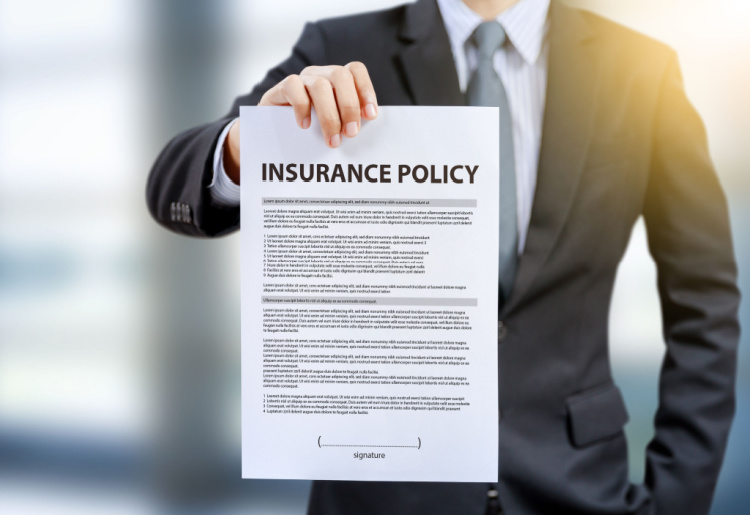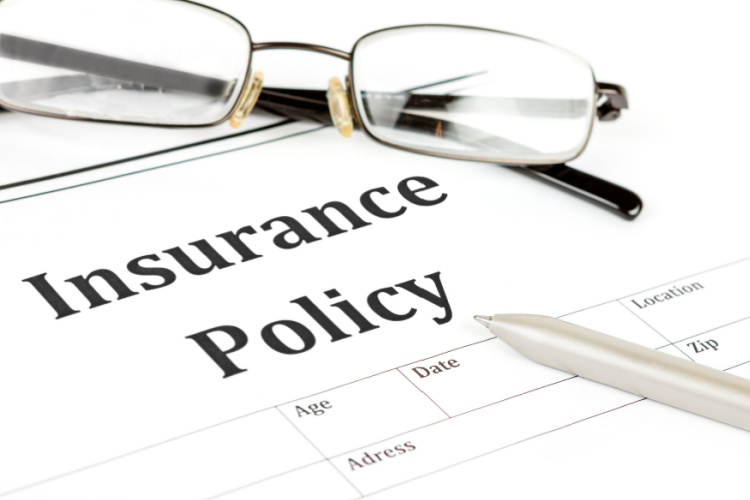Tips For Getting Insurance For Several Rental Properties
As a landlord, you know it’s important to have your rental properties insured. But what if you own multiple rental homes? How can you affordably insure each one of them?
If you’re a landlord with several rental homes, you know how difficult it can be to insure them all. You don’t want to spend a fortune on insurance premiums, but you also don’t want to skimp on coverage in case of liability or damage to any of your properties. Here are some suggestions on how to cover numerous rental properties affordably.

Look For The Best Deals
It is important to compare prices because insurance premiums might differ significantly between providers. Before making a choice, obtain quotes from several different firms and evaluate the coverage and costs. Depending on whether your tenants are long- or short-term, you will require different insurance.
Get rates for any additional coverage you might require, such as flood or earthquake insurance, as well as comprehensive and liability coverage. You might need to acquire different policies that cover those particular risks if you reside in a location that is vulnerable to natural catastrophes like hurricanes or earthquakes. You could also think about including other insurance policies, such as rental loss protection.

Consult A Professional
You shouldn’t just go for the cheapest option or guess when it comes to real estate. Take advantage of expert tax, legal, and insurance guidance. This can assist you in navigating the various rules, increasing your income, and ensuring your complete protection. Either through a separate commercial insurance policy or as an addition to your existing homeowner’s policy, you can insure your rental properties.
Some experts may advise putting each property under a distinct corporation, such as an LLC, depending on your particular situation. This can shield one property from another in the event of litigation. Your tax returns might be made simpler as a result. It is crucial to conduct your homework and seek the right guidance before making a decision because the ownership structure of your rental properties will have an influence on your insurance.

Get Special Rates For Security Features
If your rental properties have specified security measures, like deadbolt locks or security systems, you might be able to earn a discount on your premiums. Investing in smart home gadgets can give you real-time information on your homes and early warning indications of potential problems.
This would not only lower your insurance prices but also provide you with more assurance that your properties are protected. Ask your insurer if there are any further reductions that might be offered.

Combine Your Policies
If you have a number of rental properties, you might be able to save money by having them all insured by the same company. In many cases, this is less expensive than independently insuring each property. Combining your many properties into a single policy might also be more practical because everything will be in one location, making it simpler to keep track of your coverage.
Additionally, if you have a single policy, you normally just have to pay one deductible as opposed to one for each home. Combining your rental property insurance with other insurance policies, such as your auto or homeowners insurance, may also be able to get you a discount. This is referred to as a multi-policy discount, and it can help you save a lot of money.

Modify Your Deductibles & Review Your Coverage
Consider adjusting your deductible if your premium is too high. Your premium will be lower the higher your deductible is. This can lower your premiums, but it also means you’ll have to pay more out of pocket if you need to file a claim. Just make sure you have enough money saved up to pay the higher deductible in the event of an accident or other catastrophe.
Review your insurance policy frequently to make sure it still satisfies your needs if your rental properties change hands or undergo repairs. You might need to modify your policy or add more protection as your circumstances change. Regularly check your policies to make sure they’re up to date, especially if the value of your homes rises.
As a landlord, it’s crucial to ensure that your rental properties are adequately insured. You can insure numerous rental homes without spending a fortune if you follow these suggestions. It doesn’t have to be difficult or expensive to insure your rental properties. You can find an insurance policy that meets your needs and budget by shopping around, thinking about a package policy, upping your deductibles, and evaluating your coverage on a regular basis.
